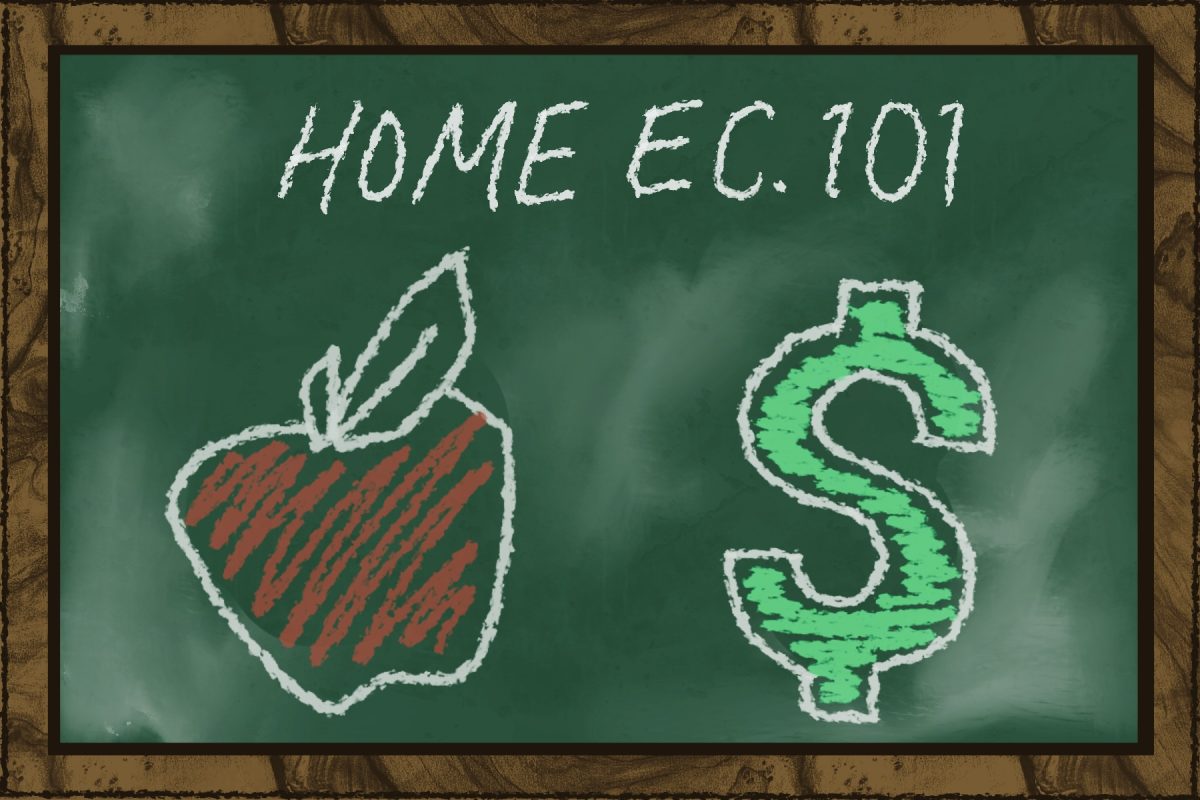Once family and consumer sciences (FCS), formerly known as home economics, was deemed sexist and irrelevant for students of today by many school districts, even the University’s department of home economics rebranded to the department of human ecology in 1990. While the subject matter faded out of our educational system, the value of a life-skills course should not be overlooked despite home economics’ controversial past.
Adjusting to adult life is challenging for most students, but particularly for those from families where things like personal finance and nutrition were not emphasized during their upbringing. The School of Human Ecology should develop an introduction to human ecology course to ease the transition to adulthood for students of all socioeconomic statuses.
Michele Hockett Cooper, assistant professor of instruction in the department of nutritional sciences, said her goal is to give students information they can use, regardless of their major. Establishing lasting and healthy eating habits in college helps students in the long-term.
“College is the first time in someone’s life when they’re actually able to make autonomous dietary choices and not be under their parents’ household and eating with their families,” Hockett Cooper said.
According to the National Institutes of Health, people from lower socioeconomic backgrounds are less likely to meet dietary recommendations.
“People who are in a lower socioeconomic status (are) the ones who are disproportionately affected by this brokenness in our food system, and they’re having these negative health outcomes because of that,” Hockett Cooper said. “So I think that if we can curtail that to some degree, by having any kind of nutrition at any level of education, college being a great time, then we should.”
When it comes to living a balanced lifestyle, nutrition is not the only thing that plays a role. Budgeting and understanding money is a vital skill for students to develop so that they can avoid money mismanagement. Mary Lou Poloskey, assistant professor of instruction in the department of finance, said learning about personal finance helps students make good financial decisions that will impact the rest of their lives.
“There’s no way anybody could argue personal finance doesn’t affect them,” Poloskey said. “Everyone encounters financial decisions throughout their life. With a little bit of knowledge, students can approach these questions and these decisions and have favorable outcomes … But I would also say it almost takes a whole semester to even introduce to personal finance because there’s so many different pieces of it.”
While aspects of home economics, like personal finances and nutrition, are offered at UT, students simply do not have the time to complete four separate courses. Combining the subjects into one introductory course would create the opportunity for more students to gain these life skills before they graduate.
“We have a core set of curricular requirements that at a university like ours, that are based in a particular vision of what a basic university education should include, and it doesn’t include life skills in the same way,” said Stephen Russell, director of the school of human ecology.
When schools don’t prepare students with basic life skills, they put them at a disadvantage. The School of Human Ecology should implement an introduction to human ecology course to support their students in their next stage of life.
Henningsen is an advertising junior from Austin, Texas.














